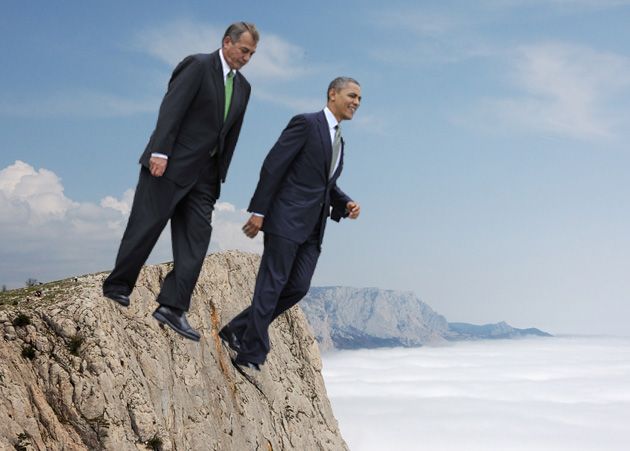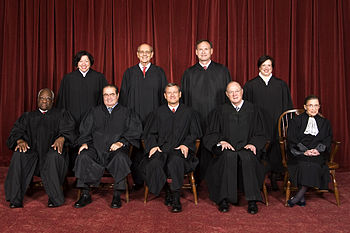Voters have elected Donald Trump president of the United States — again. Vice President Kamala Harris, the potential first South Asian Black woman president, would have captured a historic win. But she failed to connect with most Americans, and her loss has disheartened many liberal and left-leaning voters.
Fear among Democrats and progressive voters has surged due to the imminent threats posed by Trump’s agenda and the implementation of the Heritage Foundation’s Project 2025 plan. With the outcome now settled, the question on everyone’s mind is: What’s next?
Due to uncertain times, many Americans are turning to mutual aid — community-based support systems that directly help those in need without relying on government structures. Mutual aid isn’t just about charity. It’s about solidarity. It’s a way for communities to care for each other, particularly when government systems fail to meet their needs. As Trump’s second term looms near, mutual aid networks will become even more essential, especially as policies shift to impact vulnerable communities.
The president-elect has entwined himself with Project 2025 — a blueprint for the GOP to fundamentally restructure the federal government. That means gutting public access to abortion and related care, severely limiting voting access, censoring academic discussion in the classroom, rolling back legal protections and rights for transgender people and more. Project 2025 outlines plans to roll back protections for transgender individuals in healthcare, education and the workplace and to criminalize gender-affirming care. These policies will leave trans people in a much more vulnerable position than before. They may be unable to legally receive gender-affirming care, adopt or raise children, or use the bathroom in some states.
The changes don’t stop there. Project 2025 also includes plans to reshape the federal judiciary by appointing far-right judges, ensuring that the courts become a tool for enforcing these policies for decades. The ultimate goal of this reform is to entrench a right-wing agenda so profoundly within the government that it becomes nearly impossible to remove.
But community engagement can help. Mutual aid is about collective action, which includes organizing food drives, providing childcare support or pooling resources to help tenants facing eviction. Start small by connecting with neighbors or online groups. Local networks in the Bay Area, such as Operation Dignity in Oakland and Alameda, are accepting donations. Food Not Bombs is always looking for volunteers in the Bay Area, specifically in Oakland, Berkeley and San Francisco.
By focusing on helping those around us directly, we can create infrastructure that doesn’t rely on political power. Mutual aid empowers people at a grassroots level, ensuring that everyone has access to the resources they need to survive and thrive regardless of their political affiliation.
While mutual aid works on a local and community level, grassroots organizing aims to mobilize people for broader political change. As Project 2025 progresses, grassroots movements will be crucial in holding the government accountable for the wellbeing of its people. As a collective, we must push back against harmful policies and fight for the rights of those most at risk. Grassroots organizing focuses on collective power — whether organizing protests, voter mobilization drives, or campaigns to hold politicians accountable. Here are some things you can do to get started.
Share resources and knowledge
Help spread information about local resources and services — especially for marginalized communities — so that no one gets left behind. This could involve creating a directory of local clinics that provide free health services or organizing transportation for people who can’t reach polling stations.
Get involved with local or national organizations
Many grassroots organizations are already working to oppose the Trump administration’s agenda. Whether advocating for voting rights, fighting against restrictions on reproductive health or defending civil rights, individuals can get involved by attending rallies, donating or volunteering. Potential organizations in the Bay Area include El Centro Legal de la Raza, the American Civil Liberties Union and LYRIC.
Start a campaign
When witnessing a particular issue in your community that needs attention — school closures, police violence, or environmental justice — starting a petition, organizing a local protest or forming a coalition of concerned citizens can create real pressure for change.
Connect with other activists
It’s important to recognize that no one is in this fight alone. Use social media to connect with activists in other parts of the country, share strategies and learn from each other.
Grassroots movements have historically been at the forefront of some of America’s most significant social changes. Historical examples include the Black Panther Party’s Free Breakfast for Children program and the Young Lords’ fight for better health and living conditions. By organizing locally, Americans can build the political pressure necessary to challenge the changes coming with Trump’s second term.
Staying proactive and engaged is essential as we brace for another Trump presidency. While many are justifiably concerned about the direction of the country, mutual aid and grassroots organizing offer pathways for resistance, solidarity and lasting change. Building stronger communities from the ground up and organizing for political change can create a society that reflects progressive values, even when the political landscape seems bleak.
Top photo: Engagement and activism, Sabrina Hossain says, will be key for the non-MAGA citizens to survive Donald Trump’s second presidency. (Photo courtesy of Envato Elements)
Sabrina Hossain is the Social Media Editor for The Express. Follow her on X, formerly Twitter @WritersBlock678.



